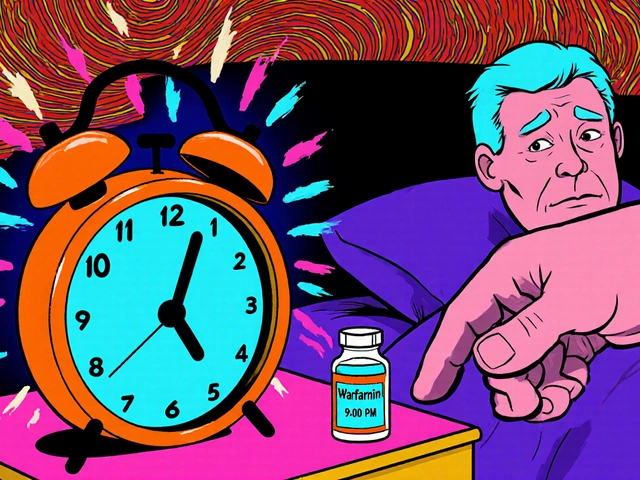
Blood Pressure Drug Options: Quick Guide to What Works and What to Watch For
Feeling confused by all the pills a GP can prescribe for high blood pressure? You’re not alone. In the UK, doctors have a toolbox of medicines, each with its own strengths and quirks. Below we break down the most common groups, a few popular brand names, and the practical things you should keep in mind before you start.
First‑line choices: ACE inhibitors, ARBs and diuretics
ACE inhibitors like lisinopril or ramipril stop a hormone that narrows your vessels. They’re cheap, work well for most people, and can protect your kidneys if you have diabetes. The main downside is a dry cough that pops up in some users.
ARBs (angiotensin‑II receptor blockers) such as candesartan (sold as Atacand) do the same job without the cough. They’re a go‑to if ACE inhibitors give you trouble, but they tend to cost a bit more.
Thiazide diuretics – the classic Hydrochlorothiazide is the backbone of many first‑line regimens. They help your kidneys dump extra salt and water, lowering pressure quickly. Watch your potassium levels and stay hydrated.
Second‑line options: beta‑blockers, calcium‑channel blockers and newer combos
Beta‑blockers (e.g., atenolol, metoprolol) slow the heart’s beat and cut down the force of each pump. They’re great if you also have heart‑related issues, but they can make you feel tired or cause cold hands.
Calcium‑channel blockers like amlodipine relax the muscle in your artery walls. They’re especially useful for older patients or those of African‑Caribbean descent. Some people notice swollen ankles or a flushing feeling.
Many doctors now use fixed‑dose combinations – one pill that mixes an ACE inhibitor or ARB with a diuretic. Fewer pills mean better adherence, and the doses are already balanced for safety.
When picking a drug, consider your other health conditions. For example, if you have asthma, beta‑blockers might be a bad fit. If you’re prone to gout, thiazide diuretics could raise uric‑acid levels.
Always tell your pharmacist about over‑the‑counter supplements. Some herbal products, like aristolochia or high‑dose potassium, can clash with antihypertensives and raise the risk of dangerous swings in blood pressure.
Finally, medicine alone isn’t enough. Pair your prescription with a low‑salt diet, regular walks, and stress‑busting habits. Most people see a noticeable drop in numbers within a month of starting treatment, but the real win is keeping those numbers steady for years.
Got questions about a specific brand, dosage, or side‑effect? Write down what you notice and bring it to your next GP or pharmacist visit. The right blood pressure drug is out there – you just need the info to choose it wisely.
-
26 Sep






